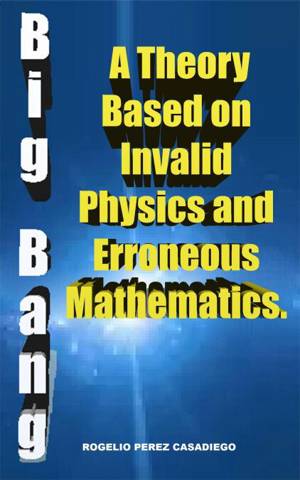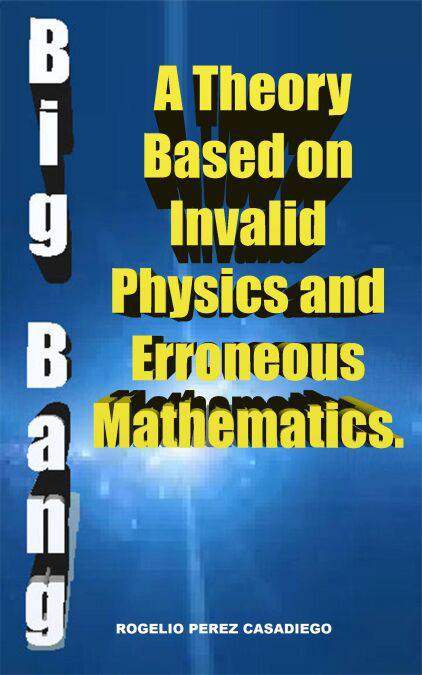
- Retrait gratuit dans votre magasin Club
- 7.000.000 titres dans notre catalogue
- Payer en toute sécurité
- Toujours un magasin près de chez vous
- Retrait gratuit dans votre magasin Club
- 7.000.0000 titres dans notre catalogue
- Payer en toute sécurité
- Toujours un magasin près de chez vous
The Big Bang: A Theory Based on Invalid Physics, and Erroneuos Mathematics. EBOOK
Rogelio Perez CasadiegoDescription
The book studies the cosmogonies of ancient civilizations and the emergence of rational thought in Classical Greece with philosophers such as Thales, Anaximander and Heraclitus. It then analyzes the cosmological theories of Aristotle, Claudius Ptolemy and Nicolaus Copernicus.
Subsequently, the origin of modern cosmology is examined with the Big Bang theory, explaining concepts such as the cosmic microwave background radiation, Hubble's Law and the notion of "singularity" at the time of the origin of the universe.
The author argues that the Big Bang theory has serious problems, from mathematical paradoxes to faulty analogies between natural and unnatural phenomena. He concludes that this theory gives exotic properties to matter, reflecting more the minds of its creators than the actual workings of the universe.
In short, a rigorous journey that invites us to critically rethink the foundations of modern cosmology in order to give way to explanations more consistent with the fundamental laws of nature regarding the origins of the cosmos.
Spécifications
Parties prenantes
- Auteur(s) :
- Editeur:
Contenu
- Langue:
- Anglais
Caractéristiques
- EAN:
- 9798223528241
- Date de parution :
- 14-12-23
- Format:
- Ebook
- Protection digitale:
- /
- Format numérique:
- ePub

Les avis
Nous publions uniquement les avis qui respectent les conditions requises. Consultez nos conditions pour les avis.






